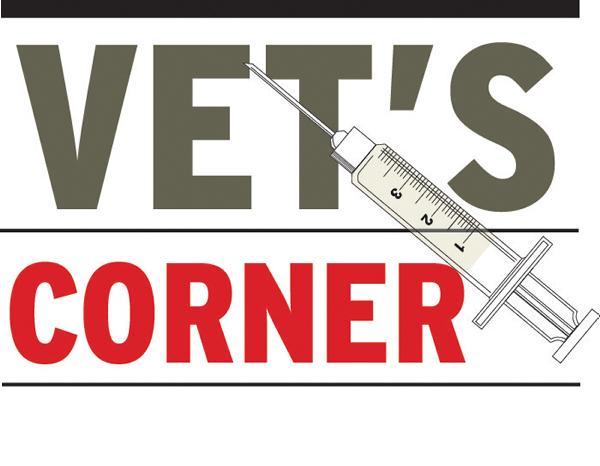There are often valuable lessons to be learned from tradition and experience. Science follows experience to explain why what we traditionally know works so well.
This is certainly true with cows that calve outside the normal Irish spring-calving season.
In our practice, we would attend a lot of cows with calving issues and associated problems, such as milk fever, throughout the summer months.
Even recently, while discussing this issue with another vet, we reckoned we have as many caesarean sections in July and August as February and March.
Nature intends cows to go in calf in summer when grass is plentiful and calve in the spring after being on a poorer diet over the winter and picking up at calving time to produce plenty of milk as the calf grows big enough to be able to use it.
Cows calving later tend to be eating high-energy lush green grass in late pregnancy, resulting in bigger calves, over-conditioned cows and mineral imbalances, leading to issues such as milk fever, fatty liver and ketosis. This also contributes to poorer fertility the following year.
There are now many ways to influence the calving season on your farm.
Getting cows back in calf as early as possible can be influenced by post-calving nutrition, good heat detection and good bull management.
There are several newer synchronisation options that facilitate AI and can also be used to shorten the calving to breeding period.
Regrettably, culling some cows becomes inevitable, as it may not be possible to fit them into a shortened calving season.
Managing calves, either suckler or dairy, is easier when they fit into a planned calving period.
Suckler calves that calve together fit into batches easier and achieve a better price at weanling sales.
Dairy calves tend to do better when part of the early calving batches, as they are ready to use the grass when it becomes available; late-born calves often tend to struggle to manage the transition to a grass-based diet.
Several studies show significant differences in profit margin between early and late calvers, proving what we have all been aware of, that you can’t beat an early calf. Talk to your own vet to see what options best suit you.
Donal Lynch owns and runs Donal Lynch Veterinary, Tullamore, Co Offaly. Donal Lynch Veterinary is part of XLVets. XLVets is a group of progressive practices who are working together to achieve a better future for agriculture and veterinary in Ireland. Visit www.xlvets.ie.






 This is a subscriber-only article
This is a subscriber-only article









SHARING OPTIONS: